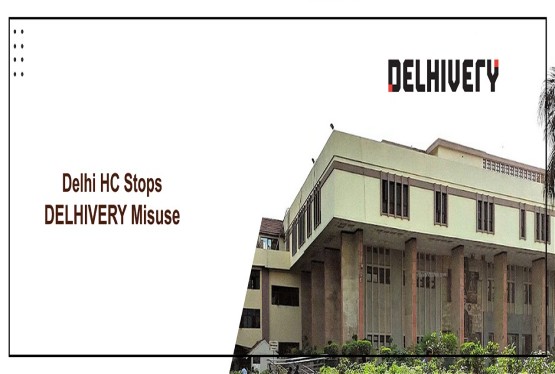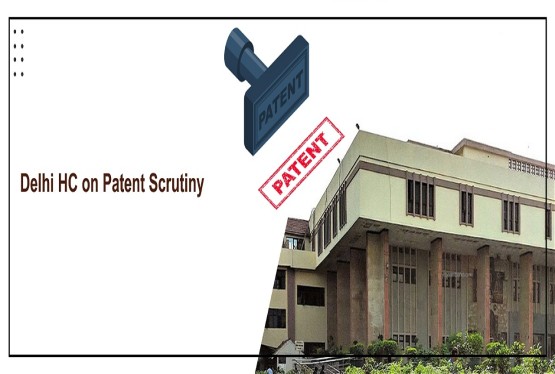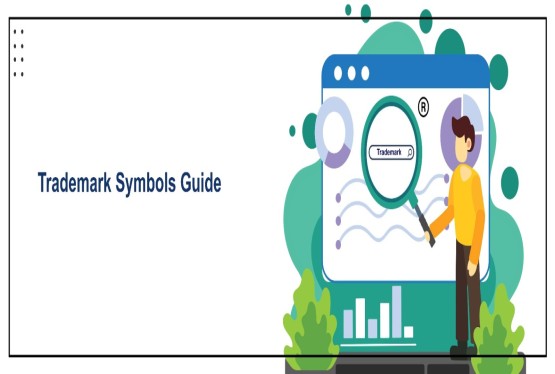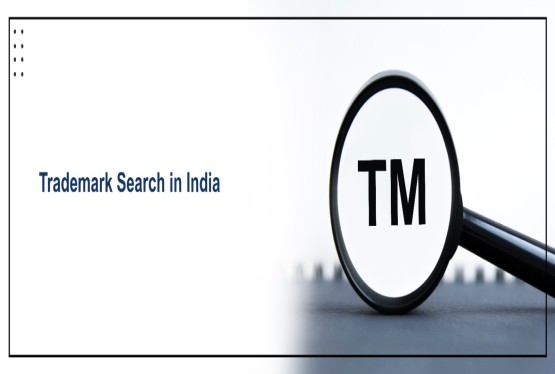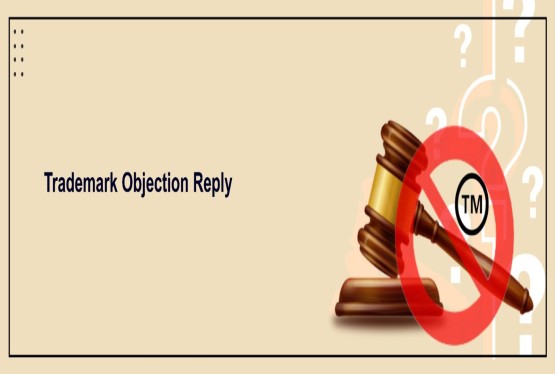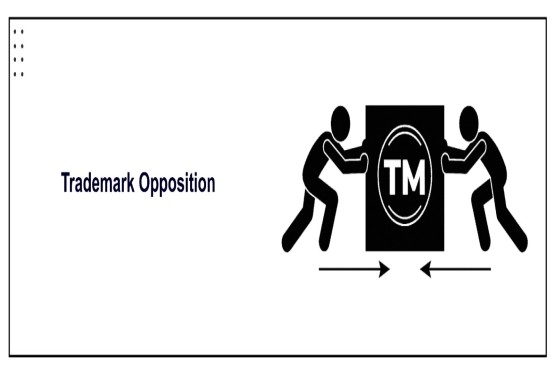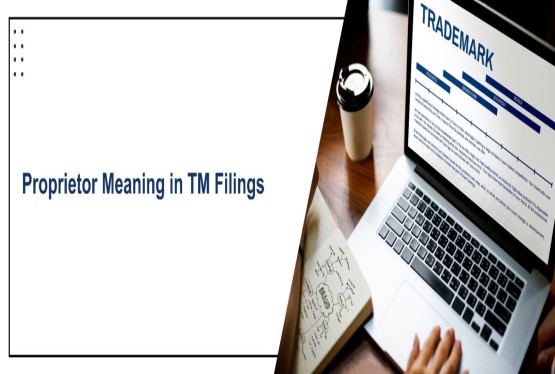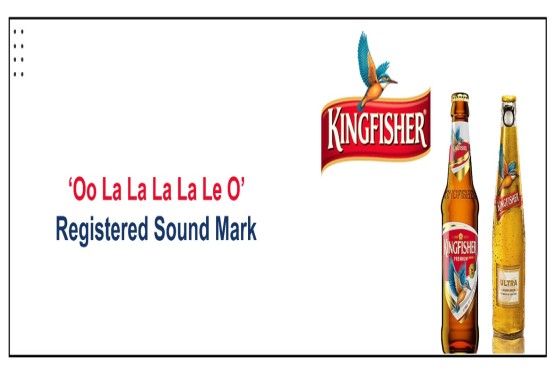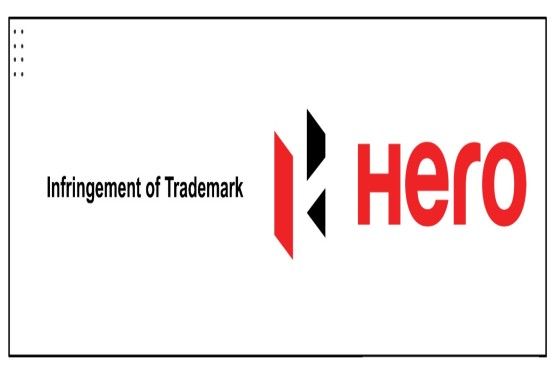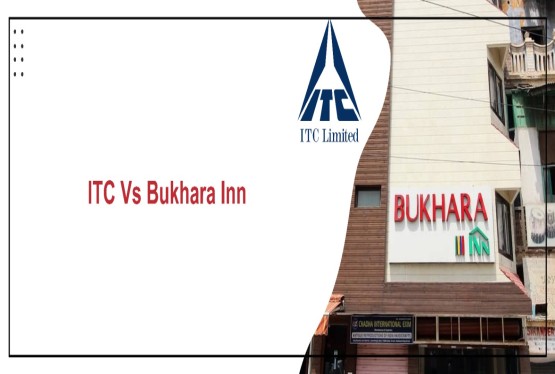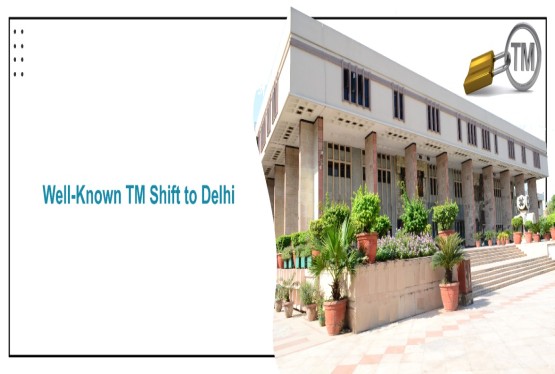The ongoing case of ANI v. OpenAI has emerged as one of the most discussed legal battles at the intersection of artificial intelligence (AI) and intellectual property rights in India. At the latest hearing, the Digital News Publishers Association (DNPA) a body representing the digital platforms of India’s leading print and broadcast media outlets made significant submissions as an intervenor.
The DNPA’s arguments directly challenge the legality of OpenAI’s model-training practices under Indian copyright law, raising fundamental questions about scraping, fair dealing, and digital news consumption.
Key Submissions of DNPA
Scraping Equals Copyright Infringement
DNPA argued that unauthorized scraping of copyrighted content and storing it for AI training does not qualify as “fair dealing” under Indian copyright law. Even temporary storage or conversion into another form is sufficient to constitute infringement.
Relevant Law:
-
Section 51, Copyright Act, 1957 – Defines infringement.
-
Section 52 – Lists acts not constituting infringement but excludes storage of infringing copies.
Section 52 and India’s Stricter Approach
Unlike the U.S. or EU, India’s Copyright Act, 1957 does not permit broad exceptions for storage or transformative use. DNPA highlighted that since OpenAI itself admitted to storing scraped data during the pre-training stage, infringement is already established under Indian law.
Short News and Market Impact
DNPA emphasized that digital news today largely exists in the form of short news or summaries. If ChatGPT reproduces or summarizes clips/articles, it reduces the incentive for users to access original content or obtain licenses. This directly threatens the economic viability of digital journalism.
The Issue of “Regurgitation”
OpenAI has admitted that its models may regurgitate copyrighted material. DNPA argued that this shows copyrighted content is being stored in some form. Regurgitation alone is sufficient proof of infringement, even without further evidence.
Scanning Lawfully Acquired Copies
DNPA rejected OpenAI’s reliance on the Bartz v. Anthropic ruling from California, where scanning lawfully acquired books for AI training was held permissible. In India, however:
-
Buying a book does not give the right to digitize and commercially exploit it.
-
A lawfully acquired copy and a pirated copy are treated equally if both are used without authorization for commercial purposes.
Relevant Sections:
-
Section 14, Copyright Act, 1957 – Copyright includes exclusive rights of reproduction in material form.
Publicly Available ≠ Public Domain
DNPA challenged OpenAI’s claim that scraping is lawful since it only uses works that are “publicly available.” It clarified:
-
Public availability is not the same as being in the public domain.
-
Copyright protection remains intact even if a work is available online.
Relevant Law:
-
Section 13, Copyright Act, 1957 – Copyright subsists in all original literary, dramatic, musical, and artistic works.
Broader Implications
The DNPA’s submissions could have a far-reaching impact:
-
For AI Companies: If the Court accepts DNPA’s interpretation, AI developers may be required to obtain licenses for training datasets.
-
For Publishers: A favorable ruling would strengthen the economic rights of digital publishers, ensuring fair compensation.
-
For Users: It could redefine what kind of AI-generated summaries and reproductions are legally acceptable in India.
What’s Next?
The DNPA will conclude its arguments on August 18, 2025. Other intervenors will then make their submissions. The Delhi High Court’s eventual ruling may become a landmark precedent in balancing innovation with copyright protection.
Conclusion
The ANI v. OpenAI case stands at the crossroads of technology and law, testing how India’s copyright framework will adapt to the challenges posed by artificial intelligence. The DNPA’s submissions have brought to light the tension between innovation and intellectual property rights, stressing that the economic sustainability of journalism cannot be undermined in the race to develop smarter AI systems.
By asserting that scraping, storage, regurgitation, and even digitization of lawfully acquired works amount to infringement under Indian law, DNPA has set the stage for a landmark judicial determination. The Delhi High Court’s eventual ruling will not only decide the fate of ANI’s complaint but also establish guiding principles on how AI companies in India must acquire and use data.
As the proceedings move forward, the case will be watched closely by publishers, AI developers, policymakers, and global stakeholders. Whatever the outcome, it is clear that the decision will play a pivotal role in shaping the future of AI governance, digital news rights, and copyright enforcement in India.
FAQs
Q1. What is the ANI v. OpenAI case about?
Ans. It is a case filed by ANI (Asian News International) against OpenAI, alleging copyright infringement through unauthorized scraping and use of ANI’s news content to train AI models.
Q2. Who is DNPA and why are they involved?
Ans. The Digital News Publishers Association (DNPA) represents the digital arms of leading Indian media houses. They intervened to protect the copyright interests of publishers in the digital age.
Q3. Why does Section 52 matter in this case?
Ans. Section 52 of the Copyright Act lists exceptions to infringement. Unlike U.S. “fair use,” Indian law does not allow broad transformative uses like storing or digitizing copyrighted works.
Q4. What is “regurgitation” in AI models?
Ans. “Regurgitation” refers to AI reproducing exact or near-exact portions of copyrighted content. DNPA argued that this itself proves that copyrighted works are being stored and reused unlawfully.
Q5. Can buying a book allow scanning for AI training?
Ans. No. Under Indian law, even if you lawfully buy a book, you cannot scan and use its content for commercial purposes without authorization.
Q6. Does public availability of news mean it is free to use?
Ans. No. Public availability (such as news on a website) does not mean it is in the public domain. Copyright protection remains intact unless explicitly waived or expired.
Q7. How could this case affect AI in India?
Ans. If the Court rules in favor of ANI/DNPA, AI companies may need to secure licenses for all training data, significantly changing how AI models are built in India.

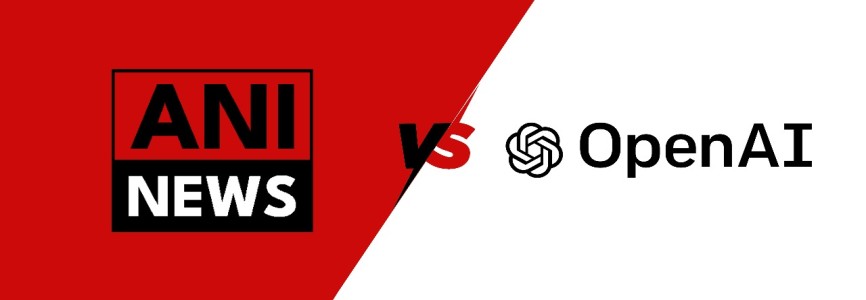




























_(b)_of_the_Trademark_Act,_1999_(1)_crop10_thumb.jpg)



_crop10_thumb.jpg)




























_crop10_thumb.jpg)
_crop10_thumb.jpg)






_crop10_thumb.jpg)








_crop10_thumb.jpg)



_crop10_thumb.jpg)





























_crop10_thumb.jpg)

















_crop10_thumb.jpg)






_crop10_thumb.jpg)












































































































































_crop10_thumb.jpg)




































_crop10_thumb.jpg)












_crop10_thumb.jpg)















































_crop10_thumb.jpg)

































































































